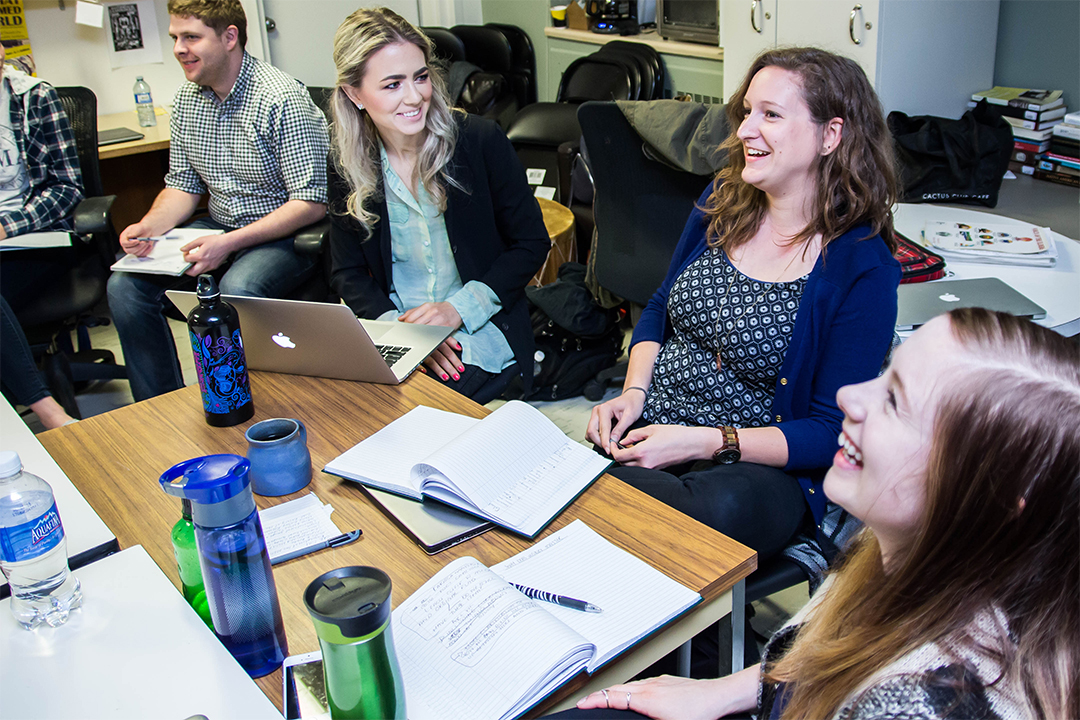
Collaborating to serve the community
A new initiative at the University of Saskatchewan hopes to builds relationships and strengthen ties with community partners while providing unique research opportunities for students.
By University CommunicationsSituated within the Department of History in the College of Arts and Science, the Community-Engaged History Collaboratorium pairs students with community organizations to help them achieve their research needs. This summer alone, 18 students from a range of disciplines (including social sciences, humanities and education) were paired with 11 different organizations ranging from First Nations groups to non-profits and local community associations.
Spearheaded by Keith Carlson—a history professor and Research Chair in Indigenous and Community-Engaged History—the Collaboratorium works on the principle of sharing and helps give a voice to people whose history has been either eclipsed or contested by the powerful narratives that emerge from corporate and government institutions. The collaboration reinforces the idea that universities can serve the communities in which they exist, while teaching students to think beyond the classroom and consider the real-world implications of their work.
Courtney Bowman, a political studies student, was drawn to the opportunity to work “on a project that has a significant amount of impact in terms of social justice.” For her, this consists of compiling a database of Saskatchewan’s colonial history for Legal Aid Saskatchewan to help Indigenous people who have become entangled in the justice system. “It’s an honour to be able to serve Indigenous people in this way,” said Bowman, “and to participate in creating such an important research tool.”
For more information, contact Keith Carlson or visit the Collaboratorium open house on Friday, Oct. 7, from 3-5 pm in Arts 110B.

